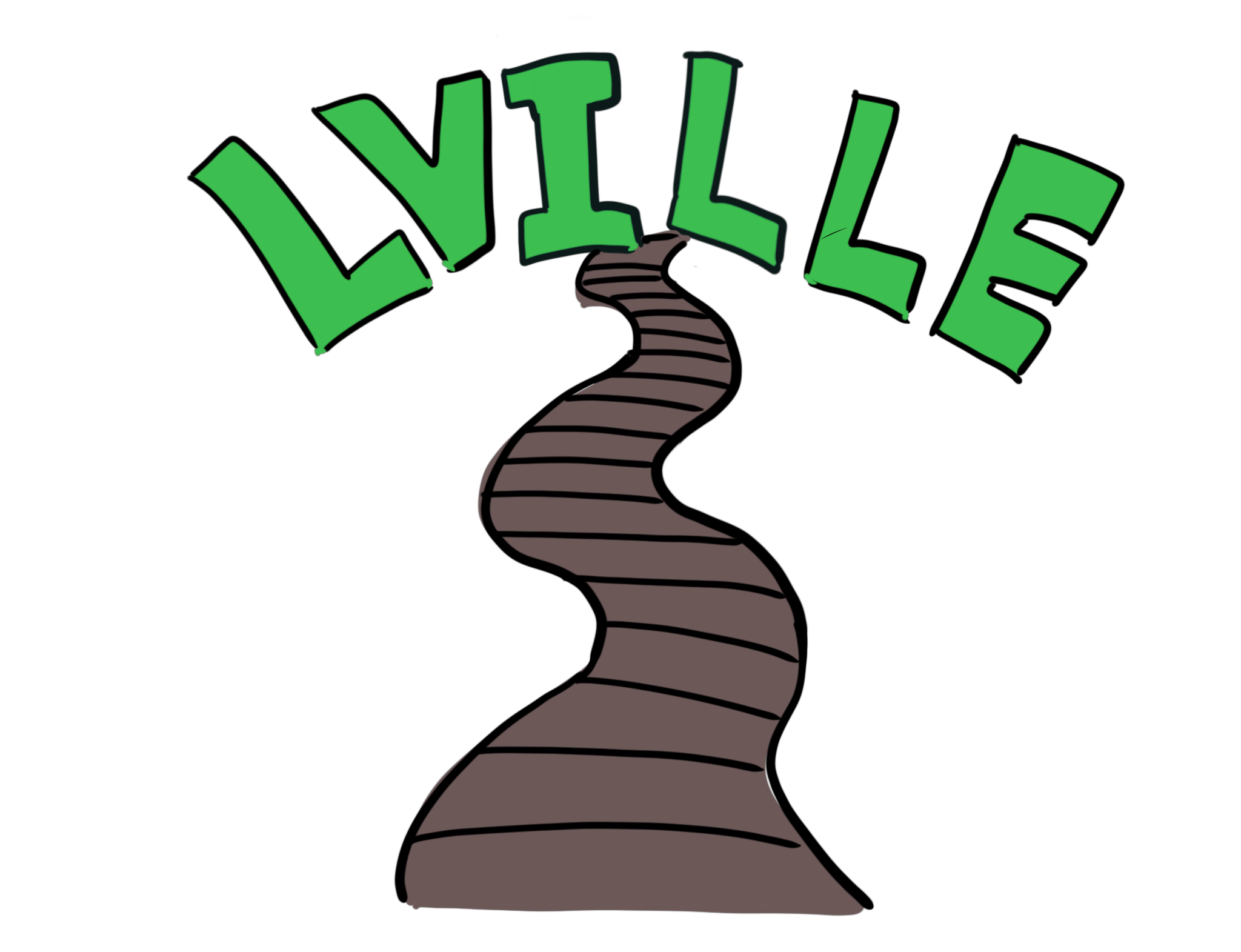Monday, December 30
Why “Raising Awareness” Isn’t Enough: Lessons on Advocacy
Alistair Lam ’23 in Opinions | April 21, 2023

It’s Earth Month once again, so I thought I’d share the two most common mindsets at Lawrenceville (and beyond) whenever people discuss climate change:
- Oh no, there’s no way we’re stopping it. It’s over. We’re done for.
- So what? There’s nothing new. We heard these a million times. What a joke.
So there you go—one perspective is the pessimist who believes we’re already doomed and any action is futile, and the other simply doesn’t care. At all.
Clearly, it’s not the case that we’re not aware of environmental issues. We walk by trash-filled recycling bins every day on our way to class or through our Houses. Lawrenceville hosts plenty of speakers who come specifically to tell us why we should take care of our planet. Our science curriculum is now filled with classes that offer relevant information regarding climate change. Ironically, “climate change” was the number-one topic of concern among students according to a survey by The Lawrence in the fall of 2019.
Despite this, we continue with our lives as if we have infinite resources and garbage bins at our disposal (no pun intended). What’s causing this disconnect between knowing about the problem and acting on it?
Introducing…the awareness-attitude-behavior gap:
No time. Too hard. How much will I save anyways? How much harm am I causing anyways? I’m just one person, it won’t make a difference…Environmentally-conscious actions take effort (or excuses when avoiding them). But when that extra or alternative step doesn’t yield immediate effects and their consequences appear to us in the long run––when the certainty of costs and benefits are unclear––cognitive barriers emerge that stand in the way between our good intentions and (not so good) actions.
Counterintuitively, it’s the overabundance of repetitive information that creates the inimical evils—anxiety and apathy. We’re trying too hard to scare ourselves with how bad everything is. Understandably, our fanning the flames of fear becomes overwhelming, so we give up in one of two ways: we lose hope, or say “screw it.”
What we need is a campaign against such surrender. The response to negativity is positivity. The response to I don’t care is here’s why you should care. Over time, I realized that storytelling is the secret sauce to motivating action. We might not find the consequences of a two-degree temperature rise interesting. But when we hear stories from the Big Red Farm—how adorable baby lambs are born, how to get honey out of hives and maple sap out of trees to make syrup—we better register the gravity and the extent of the impacts of climate change. We might laugh at the picture of the “sad” polar bear standing alone on the tiny piece of ice, but we become concerned when we learn just a few miles outside of our community, people are breathing toxic fumes and drinking water filled with heavy metals and chemicals. The key is not to encourage us to cower in fear; it’s making us realize that yes, environmental crises affect you no matter who you are. It’s a human issue, not just some ice melting on the poles or plants dying worlds away.
More importantly: you’re making a difference. Just look at the solar field at our school. Look at how much water you’re saving by blasting fewer songs on your speakers in the shower. Look at how much emissions are reduced when the lettuce from the farm goes straight into your salad at Tsai Commons. It’s not just talk; we are creating tangible change at Lawrenceville. Reward, incentivization, and the monitoring of our progress are vital to bridging that gap between thoughts and action.
What I’ve taken away from the past four years working to promote sustainability at Lawrenceville extends beyond environmentalism to all other critical issues we’re facing, from destigmatizing mental health to promoting genuine diversity, equity, and inclusion. I’ve come to realize that the most effective means of tackling larger-than-life problems is never the presentation of the hard, scary facts, but fun and uplifting stories that engage the community to relate—then act.
Related Articles
- Satellites for Climate Change? Seriously? Sophie Liu ’27
- Sinking and Swimming | New Student Reflection Irene Fu ’27
- Your Move, NATO. Ellen Jordan ’26
- Senate Bill 1329 Fails Idaho Minors Tiffany Sun ’26
- AI Legislation Woefully Inadequate Matthew Fu ’27
Recent Articles
- Chill Fashion: Tips from the Pros Michael Meng ’26
- Deck the Houses! Holiday Cheer Sprawls Across Campus Ellen Jordan ’26
- Lessons and Carols: Tuesday Evening Vivian Blessing ’27
- The Past, Present, and Future of The Disciples Angel Xin ’26
- For the Love of Latin Aileen Ryu ’25